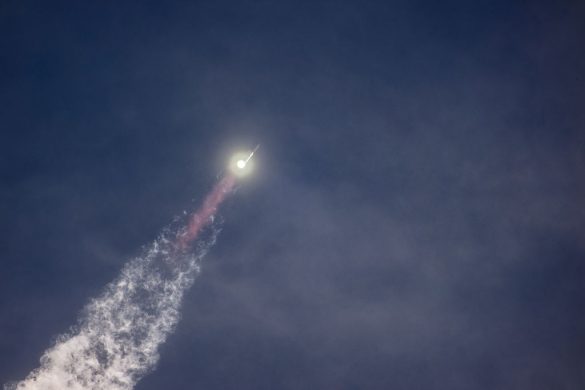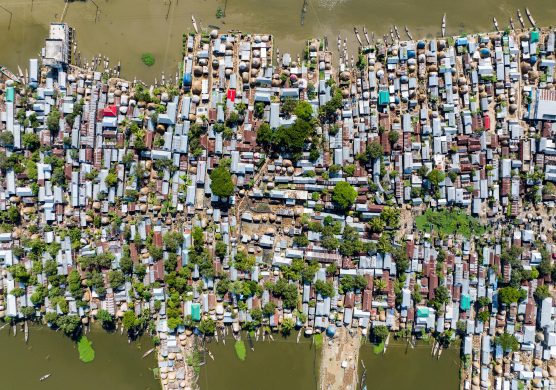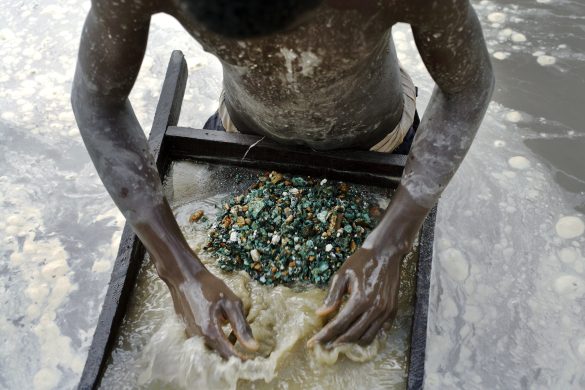UNEPs årlige rapport, der giver et overblik over det globale miljøs største udfordringer, peger på Arktis som den største kilde til bekymring. Ifølge rapporten spiller Danmark en nøglerolle i forhold til at sikre, at udvindingen af fossile brændstoffer sker på en miljømæssig forsvarlig måde.
Nairobi, 18 February 2013 (UNEP NEWS CENTRE) – The rush for resources prompted (tilskyndet) by an apparent acceleration in sea ice melt calls for caution and effective governance to avoid damage to the fragile Arctic environment, according to the UN Environment Programme’s Year Book 2013.
The Arctic Council – the core of which is formed by Canada, Denmark, Finland, Iceland, Norway, Russia, Sweden and the United States – has a crucial role to play in ensuring any resource exploitation is done responsibly.
The Council has considered sustainable development of the Arctic through reports on snow and ice, pollution, climate change impacts, shipping, human development and biodiversity, and has taken steps to improve environmental governance.
Ansvarlig regeringsførelse mere nødvendig end nogensinde
The need for improved governance is all the more crucial now, as the retreat of sea ice has been more rapid than projected in the last report from the International Panel on Climate Change (IPCC). That report predicted that the Arctic could be ice-free by 2100, but the most-common prediction today is that this could come to pass by 2035.
Menneskelig aktivitet i Arktis truer økosystemet og dyrelivet
A reduction in Arctic summer ice cover has become more intense in recent years, culminating in a record low of 3.4 million square kilometres in 2012 – 18 per cent below the previous recorded minimum in 2007 and 50 per cent below the average in the 1980s and 1990s. Land ice is also retreating and permafrost is melting.
The retreating ice brings easier access to natural resources such as gas and oil, thus prompting increased human activity that may threaten the already fragile ecosystems and wildlife, the report says.
“Changing environmental conditions in the Arctic – often considered a bellwether (klokkefår) for global climate change – have been an issue of concern for some time, but as of yet this awareness has not translated into urgent action,” said UN Under-Secretary-General and UNEP Executive Director Achim Steiner.
UNEP: Stormløb efter at udnytte fossile brændstoffer
“In fact, what we are seeing is that the melting of ice is prompting a rush for exactly the fossil fuel resources that fuelled the melt in the first place,” he added. “As the UNEP Year Book 2013 points out, the rush to exploit these vast untapped reserves have consequences that must be carefully thought through by countries everywhere, given the global impacts and issues at stake.”
As ice and snow recede, making access and transport easier, the Arctic is expected to play a greatly expanded role in world energy and minerals supplies.
The US Geological Survey estimates that 30 per cent of the world’s undiscovered natural gas is in the Arctic, largely on the continental shelves beneath the Arctic Ocean. More than 70 per cent of the undiscovered oil resources in the Arctic are estimated to be held in northern Alaska, the Amerasian Basin, the eastern side of Greenland and other areas.
Arktis bliver den globale motorvej i fremtiden
One insurance company expects up to US$100 billion in Arctic investment in coming decade, largely in the minerals sector. Exploration and mining are accelerating, triggering construction of roads, ports and new settlements.
Receding sea ice is also opening up the Northern Sea Route and the Northwest Passage for shipping for parts of the year. Some countries have estimated that the Northern Sea Route would be turned into a shipping highway “of global importance”, with a 40-fold increase in shipping by 2020.
Bekymring for miljøskader på grund af eksplosiv transformation
Additionally, there is likely to be a boom in fisheries, as a widely predicted northward shift in subarctic fish species, including Atlantic and Pacific cod, is now being detected. One study predicts that by 2055 fish catches in the high latitudes, including the Arctic, could increase by 30 to 70 per cent.
The combination of rapid environmental transformation and the rush for resources can interrupt hydrology, endanger ecosystems, prevent the passage of migrating caribou and reindeer and severely disrupt the traditional lifestyles of indigenous peoples. It also raises important geopolitical issues that are likely to have ramifications beyond far beyond the Arctic.
Rapporten peger også på kemikalier og vilde dyr som store udfordringer
The report, which each year outlines major emerging issues for the global environment, also highlights the need for better information and sound management to minimize the risks from chemicals and raises the issue of the recent spike (stigning) in the illegal trade in elephant ivory and rhino horn.
Læs resten af artiklen her:
http://www.unep.org/newscentre/Default.aspx?DocumentID=2704&ArticleID=9397&l=en














